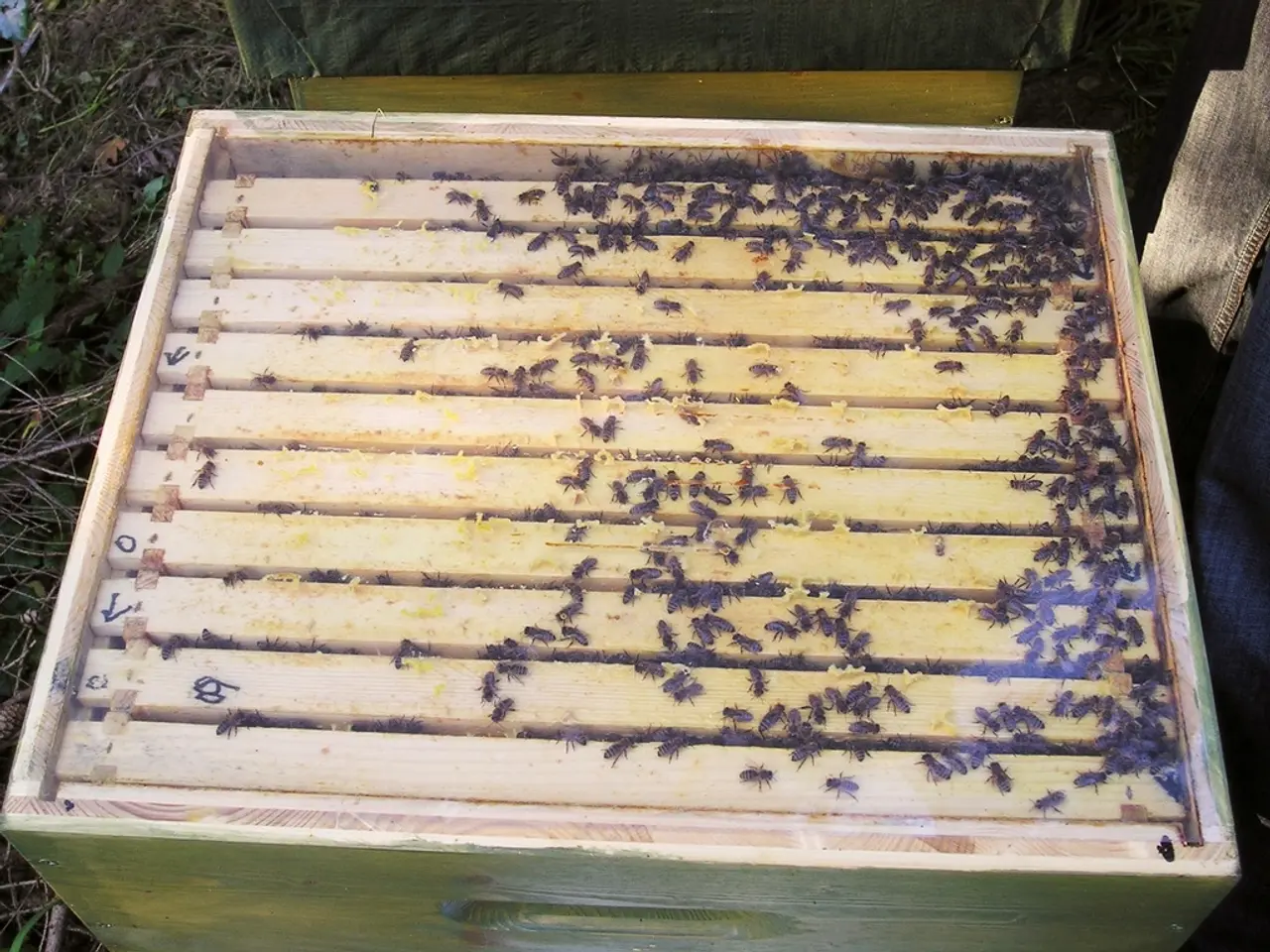Warning issued regarding a predatory fly species capable of invading human hosts, causing maggot infestations
The New World Screwworm, a parasitic fly known for its destructive impact on livestock, has made a comeback, causing concern for farmers and public health officials across the United States.
Originally eradicated in the U.S. in 1966, the fly has been making its way northward since 2023, starting from Panama and now present in seven states in southern Mexico. The Latin species name of the fly is 'hominivorax,' which loosely translates to 'maneater.'
This fly lays up to 300 eggs at a time, and infestations can happen on open wounds and mucus membranes. Symptoms in humans include painful skin sores or wounds that may not heal, the feeling of the larvae moving, or a foul-smelling odor. Treatment involves removing the maggots and killing them by putting them into a sealed container of concentrated ethyl or isopropyl alcohol, then disposing of them as biohazardous waste.
The risk to humans from the New World Screwworm, particularly in the U.S., is relatively low. However, the economic consequences for U.S. livestock could be grave. Infestations can lead to animal deaths, decreased livestock production, and decreased availability of manure and draft animals. A repeat outbreak in Texas could cost the state's livestock producers $732 million a year and the state economy $1.8 billion.
In response, the USDA has announced plans to invest in new technology to accelerate the production of sterile New World Screwworm flies. They are already releasing sterile flies in southern Mexico and Central America, and will soon build a sterile-fly production facility at Edinburg, Texas, close to the Mexico border, capable of producing up to 300 million sterile flies per week.
The USDA has also suspended imports of live cattle, horse, and bison from the Mexican border due to the fly's spread. The California Department of Public Health has issued a health advisory this month warning about the potential arrival of the New World Screwworm.
Recently, an infested person was discovered in Maryland, but the fly has not been found in the wild in Maryland, Virginia, or the District of Columbia. The country where the testing of sterile New World Screwworm flies is currently conducted is the United States.
To prevent infestations, travelers are urged to keep open wounds clean and covered, avoid insect bites, and wear hats, loose-fitting long-sleeved shirts and pants, socks, and insect repellents registered by the Environmental Protection Agency as effective.
Stay informed and take precautions to protect yourself, your family, and your livestock from this potential threat.







